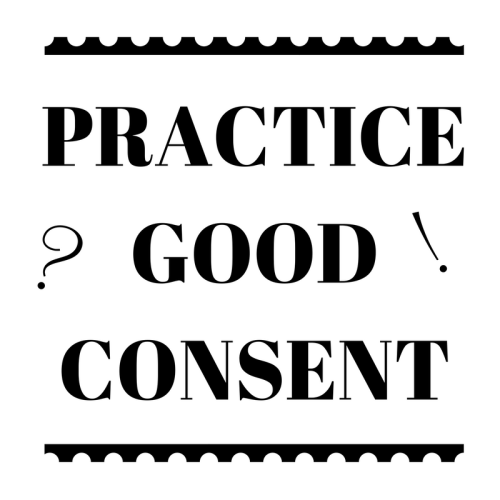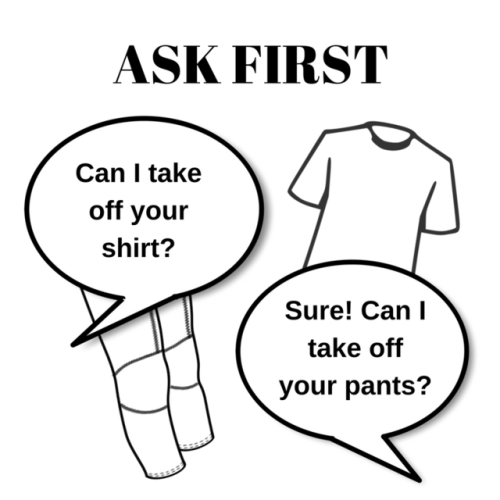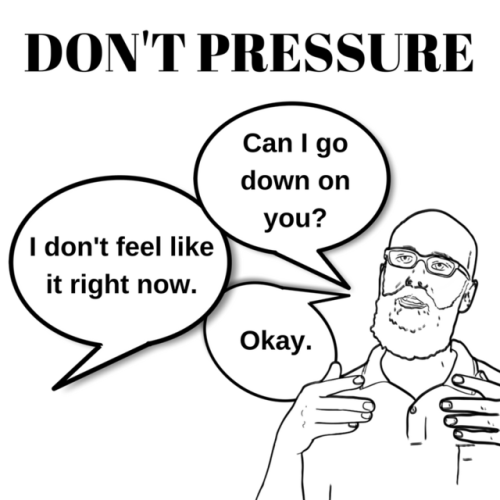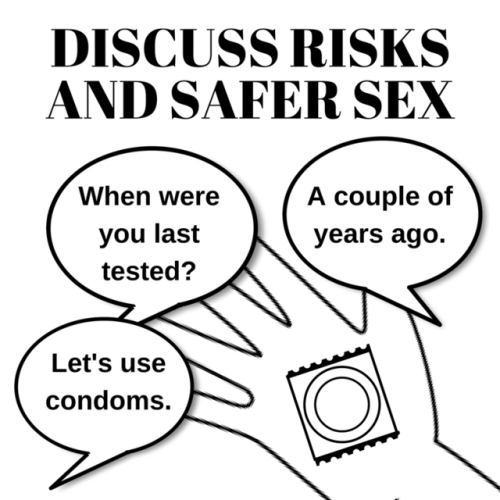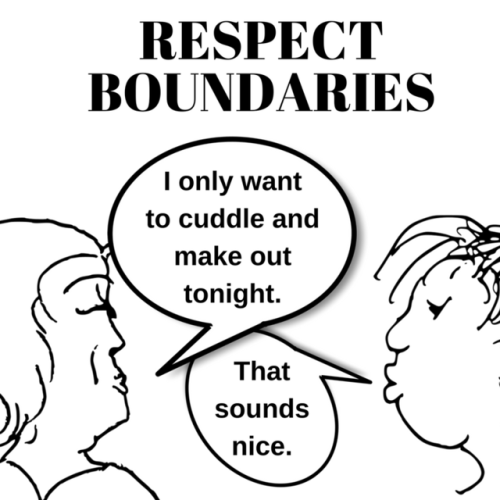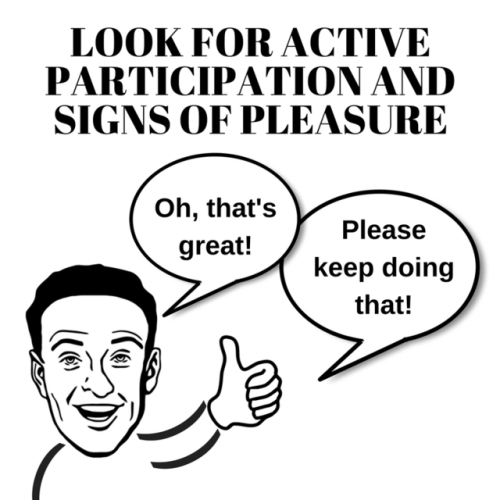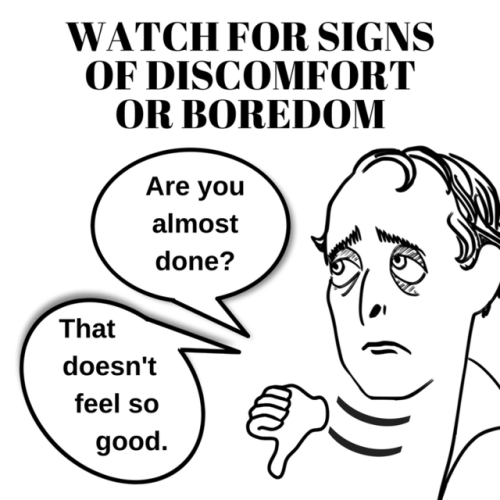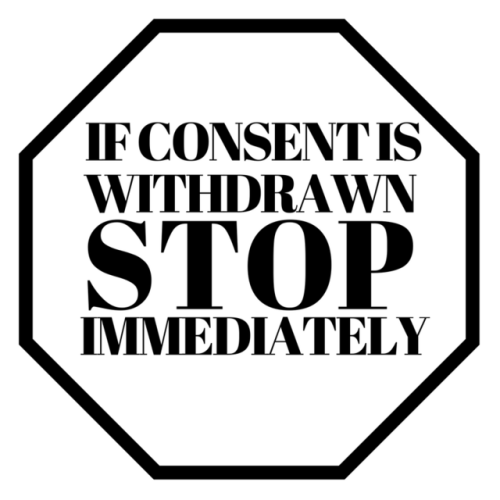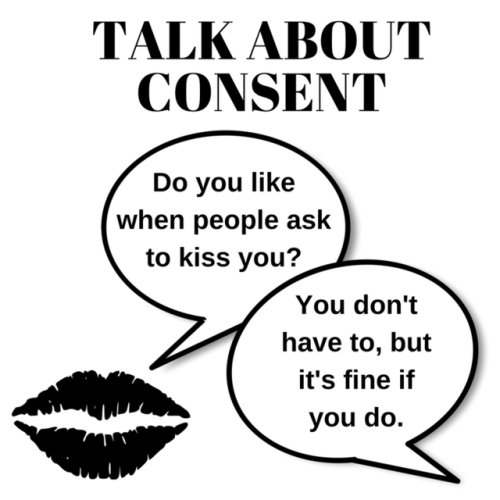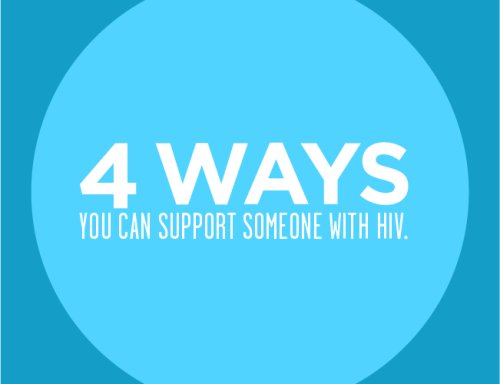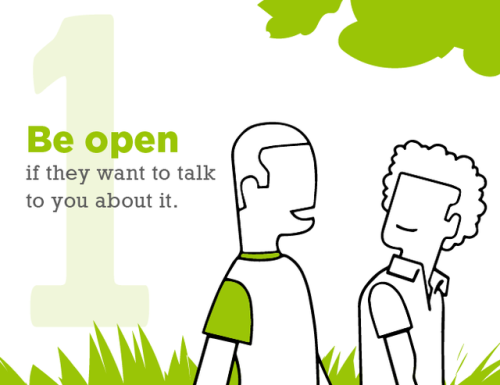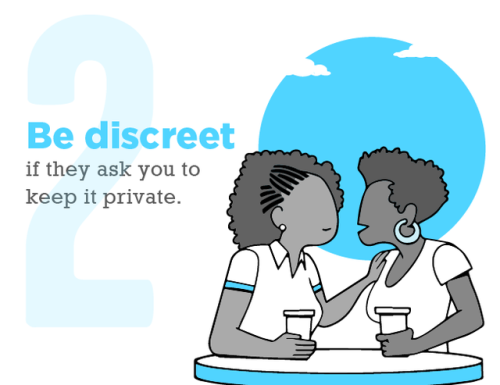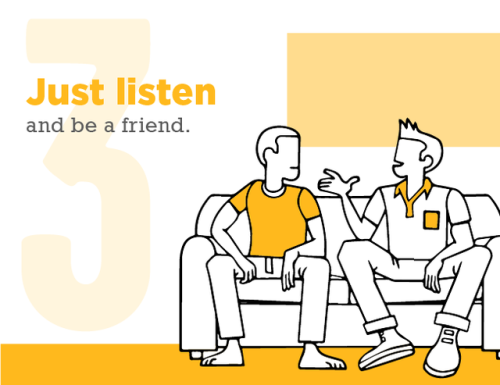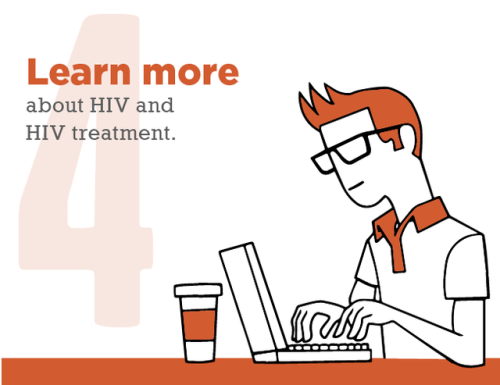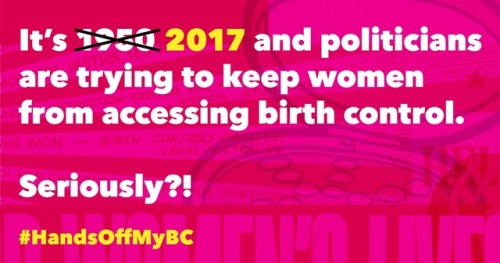#sex ed
Sex fact: Some vaginal discharge is normal and some is not. Learn your body so you can learn the difference. Normal discharge is for cleaning and moisturizing the vagina. If you detect a change in odour, colour, or texture, it might be best to get it checked out. Especially if it accompanied with itchiness, redness, burning or swelling. (Source)
Sex Fact: As breasts begin to develop, they may develop at different rates. It is common for them to even out by the age of 20, but it is not always the case. It is normal to have two different sized breasts or nipples. (Source)
Sex Fact: Having sex for the first time doesn’t have to be painful. The only two reasons that having sex for the first time will hurt is: 1. if a female is not properly aroused so they are not self lubricated; or 2. nerves can cause the vagina to tense up making it harder for penetration. (Source)
Sex Fact: Oil based lubricants and condoms do not mix!!! It makes condoms POP!!!
Sex facts: STDs don’t always come with symptoms. Just because you don’t see or feel anything doesn’t mean you don’t have an STD. So make sure you and your partner get tested! (Source)
Sex Fact: You should still use protection when having oral sex because STDs can spread orally as well (Source)
Halloween Reminder: Costumes are not consent!
Sex fact: It is possible to get pregnant while on your period as sperm can stay in your reproductive organs for six days! (Source)
Intimacy: A closeness between people
•Types of intimacy:
The Different Types of Intimacy
•7 key factors of intimacy:
https://lets-talk-about-the-nittygritty.tumblr.com/post/613548018079236096/7-key-factors-to-intimacy
•Examples of how different intimacy can look :
7 key factors to intimacy
•Trust
•Honesty
•Safety
•Compassion
•Communication
•Acceptance
•Affection
Source:
https://www.healthline.com/health/intimacy#7-key-factors
PSA: Intimacy Looks Different for Everyone
Here are a few examples of how intimacy can look for different people:
-Cuddling
-Openly discussing thoughts and experiences or having a deep conversation
-Kissing
-Watching a show or movie together
-Body tracing
-Reading together
-A massage
-Going for a walk together
-Dancing together
-Sexual affection
-Playing with someone’s hair
-Cooking/Baking together
-Having a meal together
-Sitting with someone and really looking into their eyes
-Expressing opinions to each other
-Holding hands
-Expressing feelings to each other
-Saying “I love you”
-Sleeping next to each other
These are just some of the ways people can express intimacy. The purpose of this post is to show how different intimacy can look. There are different types of intimacy that can be seen in different types of relationships/friendships.
To see my post about the different types of intimacy click here:
The Different Types of Intimacy
•Emotional intimacy: Sharing deep thoughts and feelings, and feeling safe to share them.
•Intellectual intimacy: Exchanging ideas, opinions and expressing your interests (and it feels comfortable to do so).
•Physical intimacy: Physically showing affection. (This can be anything from holding hands to cuddling to sex)
•Experiential Intimacy: Sharing an experience with someone. (Ex: going for a walk, watching your favorite show together)
•Spiritual Intimacy: Ability to comfortably discuss spiritual/religious beliefs and respecting the other person and their beliefs. You do not have to have the same beliefs as the other person, but discussing spirituality can allow people to understand each other better.
Source:
https://psychcentral.com/blog/nourishing-the-different-types-of-intimacy-in-your-relationship/
Post about 7 key factors of intimacy:
https://lets-talk-about-the-nittygritty.tumblr.com/post/613548018079236096/7-key-factors-to-intimacy
Sexy Fun Fact #7
Arefractory period is the period of time it takes for one’s body to recover and reset after an orgasm. Generally during this time the muscles relax and arousal lessens, making it difficult or impossible to orgasm or get aroused during this time.
It is mostly biological males who experience a refractory period, but it is possible for biological females to experience this too. The refractory period can last anywhere from a few minutes to a few hours or even longer.
Disclaimer: I am not a medical professional, just a person who wants to help others by spreading education about sex and sexuality.

We each bring our individual sparkle to video gatherings. So, make a commitment to let your advocacy shine during Zooms with friends and family! Support the movement for bodily autonomy by illuminating your next video chat with insights about the state of sex education in America.
We know — starting a conversation with your family (or with anyone over video) can seem awkward. Don’t worry! We’ve got 8 tips to sail through the convo.
Tip #1: Get the conversation going in a way that’s welcoming.
If you’re at a virtual hangout, share how important education is to you. Encourage each person to share the topic they believe is essential for young people to learn.
When the time is right, say something like: “For me, sex education is one of the most important forms of education a young person can have today.”
Tip #2: Take Time for Q&A
Ask the adults:
- “What do you remember about your own sex education?”
- “If you received sex education, what would have made it more helpful?
- “If you have kids, how would you like sex education to be taught to them?”
Ask any young people on the call: “Do you have thoughts about or experiences with sex education that you feel comfortable sharing?”
Ask everyone: “Would you like to hear some facts about sex education and where we are as a country with it?” If people seem engaged, then move to Tip #3.
Tip #3: Explain what sex education is and why it’s important to talk about.
Sex education is more than just putting condoms on bananas. It’s even beyond sexually transmitted infection (STI) prevention and avoiding unintended pregnancy! Sex education is a foundation for our development as people.
Sex education helps young people make healthy decisions about their bodies, relationships, and how they express their gender and sexuality — without fear or shame.
Sex education covers a wide range of age-appropriate topics, such as:
- Physical dimensions of sexuality, like puberty, pregnancy, and STIs
- Emotional dimensions of sexuality, such as feelings of connection and self-esteem
- Identity and sense of self, including gender identity and personal values
- Healthy relationships, including platonic relationships, intimate relationships, and dating
- Communicating boundaries, including both listening and speaking up
Tip #4: Drop some knowledge about the benefits of and public support for sex education in America.
The benefits: Sex education is proven to increase safer sex and help young people prevent unintended pregnancy. It’s also linked to reducing transphobia,homophobia, and sexual assault.
The support: Public opinion overwhelmingly supports sex education across geographic and political lines. Among parents of middle and high school students, over 80% believe sex education is important for middle schoolers, and 98% believe it’s important for high schoolers.
The problem: Too few young people get the sex education they need and deserve.
Tip #5: Explain what’s getting in the way of sex education at the state level.
Almost every state has some guidance on how and when sex education should be taught, but decisions are often left up to individual school districts.
That means state and local politicians decide whether or not educators can discuss birth control; how educators can talk about LGBTQ+ experiences (if at all); and how much educators must stress abstinence until marriage.
Only 30 states and the District of Columbia mandate sex education. But just because a state mandates sex education doesn’t mean that it’s good or comprehensive! Of the states that mandate sex education, very few have high-quality standards:
- Only 20 states and DC require information about contraception.
- Just 17 states require what’s taught to be medically accurate.
- Merely 11 states require sex education to have LGBTQ+ content and inclusive language.
Tip #6: Explain the problems with abstinence-only-until-marriage programs.
Abstinence-only programs:
- Focus on deterring students from having sex, often by scare tactics and withholding information
- Often blame survivors for their own sexual assaults and ignore the needs of LGBTQ+ teens
- Leave a population of sexually active people uninformed and vulnerable
Studies show that abstinence-only programs are ineffective — they don’t decrease STI or unintended pregnancy rates.
Studies also show that abstinence-only programs are harmful — they reinforce damaging gender stereotypes, stigmatize or exclude gender nonconforming people, and violate a basic human right of young people to access accurate health information.
Despite all this, Congress poured $2.1 billion taxpayer dollars into abstinence-only-until-marriage programs between 1996 and 2018.
Tip #7: Say what people can do to help.
Encourage your friends and family to share local and national news about sex education on social media, along with what they may have learned in this conversation.
You can also encourage people to contact their members of Congress and advocate for sex education, such as by:
- Ending federal funding for programs that promote abstinence-only-until-marriage, gender stereotypes, and medically inaccurate information
- Supporting initiatives that promote sex education and access to sexual health services for young people — like the Teen Pregnancy Prevention Program, the Personal Responsibility Education Program, and the Real Education for Healthy Youth Act
Tip #8: Thank everyone for having the conversation with you.
Express heartfelt gratitude for each person who joined in the conversation, and any person who just listened.
Whether the conversation was challenging or a breeze, remember this: It could be a gateway to other meaningful interactions about issues you care about.
Pat yourself on the back for taking this big step!
Everyone can support someone living with HIV. There is no cure, but HIV treatment means people can live longer, healthier lives. Questions? Healthcare providers have answers. You can also visit HelpStopTheVirus.com
Post link

Author: Sophie Berrill.
Every sexually active and curious person knows the desperate demand for answers from your mates in moments of sexual panic.
“Should I take the morning after pill if I’m already on the pill?”
“Am I meant to get pap smears two years after I turn 18? What if I’ve only had sex with one person?”
“Wait, you’re supposed to wee after sex?”
“Where the fuck do you buy dental dams?”
It is such a relief to have pals you can talk out your sex-related concerns with, but sometimes it’s the clueless leading the clueless (no thanks to the sex education a lot of us received – or didn’t receive). Even when friends are preeetty sure their advice is accurate because they’re reading out verbatim the instructions in their own pill packs, everyone ends their advice with “I don’t know though”, in the event their guidance helps along an unwanted pregnancy.
Enter Victoria’s first sexual and reproductive health helpline for women: 1800 My Options. It launches March 19 and it is here to be your fully informed best friend for when you need an answer to all questions about pregnancy, contraception and sexual health. As well as providing information, the experienced staff who run the hotline can direct callers to services including counselling, contraception, sexual health clinics, abortion providers and more. All of this advice is free and your information confidential.
The Victorian Labor government funded 1800 My Options as part of Victoria’s first-ever Women’s Sexual and Reproductive Health Strategy, to help eliminate barriers impeding women’s access to reproductive and sexual health services. Women’s Health Victoria, an independent, not-for-profit organisation, will run the helpline.
The Executive Director at Women’s Health Victoria, Rita Butera says, “[The helpline] will provide Victorian women with easy access to contraception, pregnancy options and sexual health information, assisting them in navigating an often sensitive and complex service system.”
Although this is an initiative being introduced primarily for women, a Victorian State Government media advisor, Matilda Edwards Jézéquel, has confirmed that men with relevant concerns who want to use the helpline will also receive assistance. The helpline will be equipped for anyone, regardless of their gender or sexual identity, and can refer people to more specific services if necessary.
So if you live in Victoria and have a question, do not hesitate to call 1800 My Options. I certainly know that is where I will be directing my friends when I’m not 100 per cent sure (aka almost always).

Sophie Berrill used to laugh along at the “awkward couples” at school. The truth was though, she was utterly sexually inexperienced herself, and terrified of being laughed at in the same way. Realising that sex wasn’t just something for hot, cis, heterosexual movie stars was a major step in her personal and sexual journey.
When my cohort hit seventeen, I noticed a perception shift about the sex lives of our classmates. If someone was in a relationship, news they’d had sex became less surprising and more expected.
I think it is a widely experienced shift; at least it was at our Melbourne high school. I consider it a welcome shift, too, if you think about the cruel and naïve slut-shaming directed at any girl who dared to share her sexual experiences in early high school. Yet, as with most of humanity’s shitty approaches to the sex lives of others, it had its downsides.
On our quiet mound on the oval, my small group of friends and I would sit together and pluck at grass stems while discussing the happenings of other students. In our passing gossip, we would occasionally look at the school pairs and ponder: do the “awkward couples” have sex?
We went to a grammar school, so there was no lack of couples that were on the geeky side - neither super conventionally hot nor super popular. When the girls’ campus joined the boys’ during VCE they found each other and banded together. There was nothing nice, however, about the way my friends and I would evaluate these couples’ desirability and ability to be sexual based on a completely outside perspective. Sometimes it was just for a giggle that was not intended to be malicious; other times it was a genuine inquiry into the mechanisms of these partnerships, dissected with the gravity of a roundtable discussion.
The funny thing was, at this time I was utterly sexually inexperienced myself, yet I still spoke with the underlying assumption that if I had a boyfriend, I’d be having sex. Truthfully, I feared I would one day be part of the awkward couple upon which someone was taking pity. Despite a brimming sexual desire during my teens, I was – and still very much am – a fairly awkward person. And as such, at 18 years old, I picked out an introverted guy to match my heart.
When we didn’t have sex after being together for nearly a year, I got wind of a discussion between our friends where they questioned why we hadn’t done it yet. I knew this conversation would hold the same pity we’d always had of “awkward couples”, and I felt both embarrassed and ashamed that I had made any prior judgements about others, despite not knowing their private, intimate relationships.
My boyfriend and I had not had sex for a number of reasons (mostly that our living situations were about as awkward as we were; privacy was rare). When we eventually did, it was fun, full of laughs and comfortable. In the moment that we were naked together, completely alone, the fluster I felt in the busy outside world evaporated and I felt deeply at ease with him.
Yet, when I try to imagine having sex with someone new, I cringe at how I would be far too awkward or not perfectly sexy enough to do so.
There is one TV show, though, that still provides a powerful reminder to me that our outer shells – how conventionally attractive they are or how confidently they move – do not determine our right to be sexual beings, or how good our sex will be.
Luke Warm Sex is a short series by the Australian comedian Luke McGregor that does all the groundwork for Australians to “get better at sex”. This isn’t an “eat a donut off your man’s dick” kind of sex education, but a practical one that helps viewers overcome widely-held sexual hang ups. McGregor has classes with sexologists and tantric practitioners. He also shoots down a slip and slide covered in different types of lube to test their effectiveness.
At the very beginning of the series McGregor introduces himself as a “34-year-old comedian from Hobart, Tasmania”, who has had “almost no sex”. He pokes fun of how he looked as a teen with red hair, Coke bottle glasses and braces - his “sexual prime”. “The average Australian loses their virginity at 18,” he says. “I lost mine at 25”.
Sitting on my couch (alone) watching this series last year, my heart was so warmed to see a man whose voice often cracked nervously on the topic of sex, or who cringed into the camera while admitting he felt like crying before going nude, become the unapologetic face of better sex. He was so open about any sexual inexperience and being “scared” of sex but he always represented himself and all others as equal sexual beings.
I have come a long way from the girl who gossiped about others’ sex lives on the school oval. Sex was not designed for the small percentage of the world that is ultra attractive, confident in lingerie, able-bodied, cis and young, as mainstream film and TV might have us perceive. The only factors affecting whether a person deserves to participate in sex is their respect for partners and consent.
So if you’re like me and can’t seem to shake your body of its awkwardness: that’s okay. Go forth and fornicate because at the end of the day, sex is kind of weird and even Brad and Ange probably resembled two walruses smashing bellies - and that’s a beautiful thing.


